NFTs—non-fungible tokens—first made waves in the digital art world, with million-dollar headlines and celebrity buzz. Now, they’re entering the legal and intellectual property arena, including an unexpected player: NFT patents.
The idea of NFT patents may seem futuristic, but the technology is already changing how we think about ownership, transactions, and enforcement in IP law. While it won’t replace the traditional patent process overnight, the blockchain-backed model offers a new way to speed up, secure, and simplify certain IP transfers.
NFTs Meet the Patent World
Compared to trademarks or copyrights, patents are notoriously slow and expensive to obtain—often taking years from application to approval. That delay can stall innovation and market momentum.
Enter NFTs.
Because NFTs use blockchain to establish ownership and authenticate originality, they offer:
-
Faster transfers of rights
-
Secure and transparent transaction records
-
Protection against unauthorized sales or fraudulent claims
In some cases, NFTs may act as self-executing contracts that automatically transfer rights upon purchase—cutting through layers of paperwork and lag.
A Real-World Case: Fonss’ Patent NFT Auction
In 2021, Jack Fonss of True Return Systems LLC made headlines by listing U.S. Patent No. 10,025,797 as an NFT on OpenSea. Starting bid: $7 million.
This wasn’t just a digital novelty. Fonss’ NFT included all legal rights to the patent—past, present, and future—including the right to sue for infringement and collect damages. That makes it very different from, say, a basketball highlight NFT that includes no underlying IP rights.
Fonss’ auction demonstrated the potential of NFTs as turnkey IP assets—offering serious value for serious buyers who want to bypass the traditional years-long patent process.
What This Means for the Future of IP
NFTs won’t replace the patent application process, but they could change how patent rights are assigned, sold, or licensed—especially with smart contracts that automatically execute transfers and enforce terms.
What’s more, the ability to trace NFT ownership through blockchain could simplify:
-
IP rights tracking
-
Patent infringement investigations
-
Licensing and royalty audits
For legal teams and IP professionals, that’s a big deal.
Where SMI Aware Comes In
As NFTs—and the disputes surrounding them—grow, the ability to discover who owns what and when will only become more important.
SMI Aware helps law firms and corporate legal teams discover, analyze, and preserve data from across the internet—including social media, web content, and digital assets.
We apply proprietary software and a repeatable, ethical process to ensure that your findings stand up to legal scrutiny—whether you’re investigating an IP claim, managing a digital rights dispute, or preparing for litigation.
Schedule a demo with us to learn more or get in touch to speak about a specific project or case.




